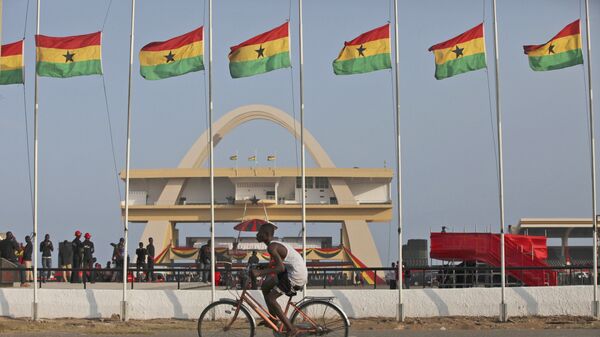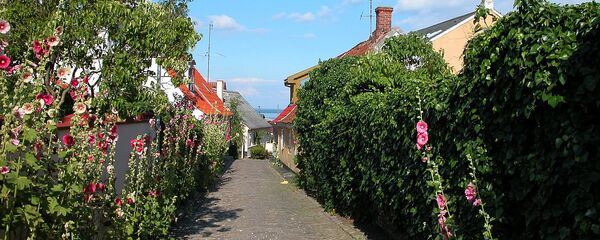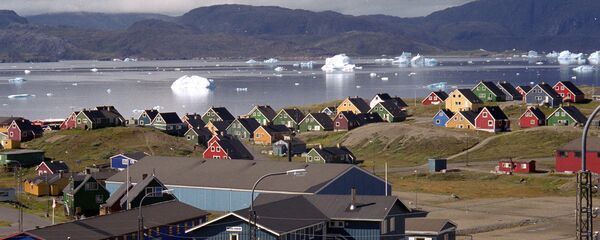During a Danish visit to Ghana, Foreign Minister Anders Samuelsen expressed regret for the slave trade that the kingdom of Denmark-Norway operated between 1670 and 1802, the Norwegian ABC Nyheter portal reported.
During his speech in the Presidential Palace in Ghana's capital Accra, Samuelsen called it a "shameful and unforgivable part of Danish history," adding that "nothing could justify the exchange of men, women and children Denmark participated in."
Although Denmark is not the nation immediately associated with transatlantic slavery, it managed to settle several Caribbean islands and maintain colonial possessions in Africa during its "Golden Age."
Earlier this year, Prime Minister Lars Løkke Rasmussen said the slave trade was "unforgivable" during a visit to former Danish colonies in the Caribbean. However, a formal apology was never expressed, which many attributed to the fear of compensation claims.
"I say that the slave trade was unforgivable. When something is unforgivable, you cannot ever expect forgiveness. It means you can apologize as many times as you want, without any avail," Løkke Rasmussen explained to TV2.
Local media in Ghana regarded nevertheless Samuelsen's statement as an apology for the slave trade that continued until Dano-Norwegian empire dissolved in 1814, as Norway was conquered by Sweden.
During the business trip, Queen Margrethe II visited Jamestown, a part of Accra which still bears traces of the Danish history with Hansen Road and Hansen House.
"It's not a beautiful chapter. But that's what happened at that time, and what most European nations did. At least those who had big fleets and overseas possessions. And so there were slaves," Queen Margrethe II told the Danish TV channel TV2.
Denmark had a large presence in the west African country from 1663 up until its decision to sell the sea port of Christiansborg to the British in 1851. From the Danish Gold Coast, thousands of slaves were dispatched to its colonies in the West Indies. Today, the islands formerly known as the Danish West Indies are known as the US Virgin Islands.
Christiansborg Castle aka The Osu Castle à Accra. Racheté par les Britanniques aux Danois en 1849. C'est là que débute l'#Histoire du #Togo pic.twitter.com/jc95SPMFZM
— UneHistoireTogolaise (@228histoire) February 13, 2017
Soon after Ghana's independence in 1957, Denmark assisted the newborn country by building and running the Folk High School at Tsito in the Volta Region, which was one of the first development projects by a Danish NGO in Africa.
Today, many Ghanaians still bear Danish names, being descendants of Danish soldiers and officials.
The Africa they never show you (Accra,Ghana) pic.twitter.com/qF8G2DRjWP
— African Tweets™ (@african_tweets) July 2, 2015




